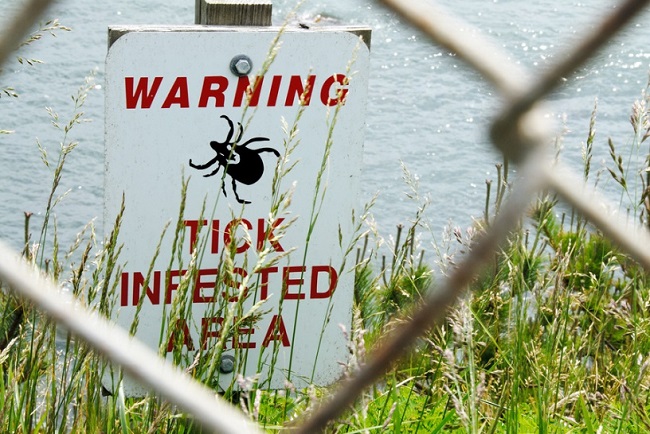Responsible for over 250,000 hospitalizations annually in the US, methicillin-resistant staphylococcus aureus (MRSA) infections are quickly becoming the next great threat to modern medicine.
In February of this year, the threat escalated when scientists and medical epidemiologists identified a new strain of MRSA that originated in humans (first as a methicillin susceptible strain), then infected nearby livestock (pigs). With the heavy prophylatic use of antibiotics in commercial livestock farming, the ST398 strain of MRSA quickly became resistant to not only methicillian but also a host of other antibiotics including at least dozen beta-lactam antibiotics and tetracycline. It then jumped back to humans in a more deadly form.
The ST398 strain of MRSA has also been found in milk from commercial dairy farms in Europe and in animals from 19 countries and four continents.
The presence of MRSA on commercial livestock is growing. One recent study in Belgium found MRSA in 26 of 30 farms tested and the prevalence of MRSA in pig farmers was 760 times greater than in the general population.
A study comparing organic pig farms to non-organic commercial livestock operations in the Netherlands found the presence of MRSA in only 17% organic facilities and 3% of the pigs themselves. This is compared to a larger study a couple years earlier where 71% of non-organic commercial facilities tested positive for MRSA, with 38% of all pigs testing positive. In the US, MRSA ladden pork products can be found in at least 6% of retail meats and methicillin susceptible staph bacteria was identified in 64% of retail meats tested.
Experts warn that commercial livestock farming is becoming a public health threat that should not be ignored any longer.













